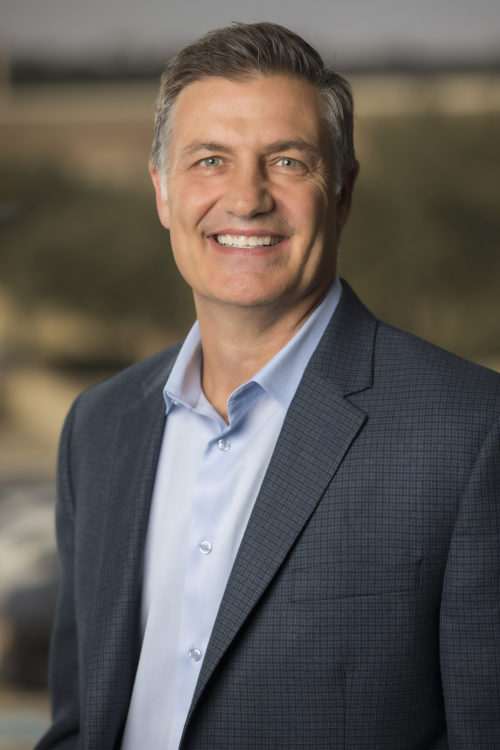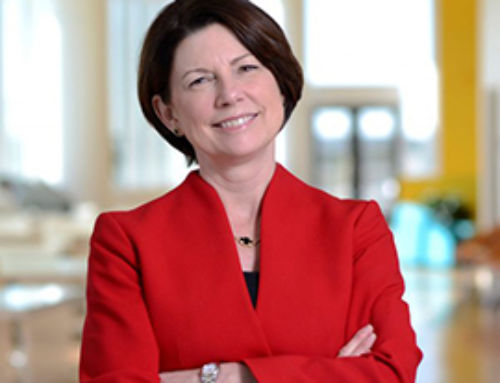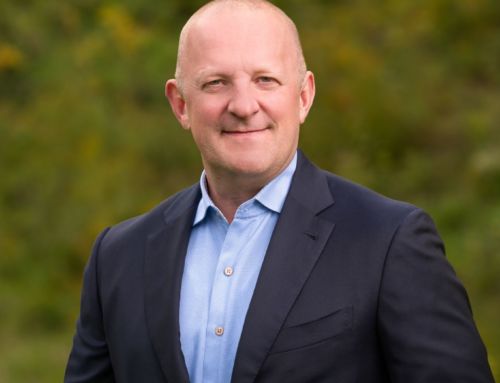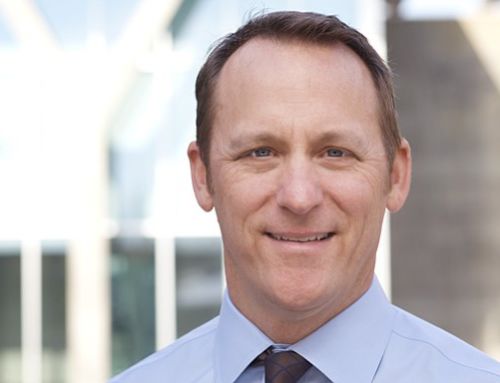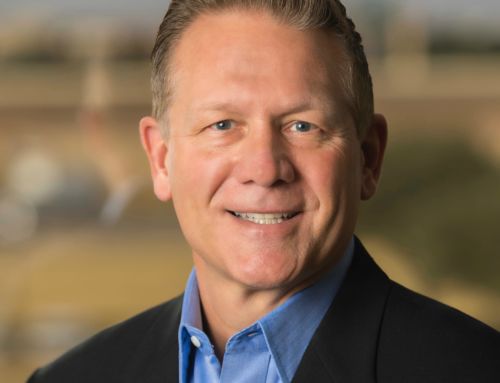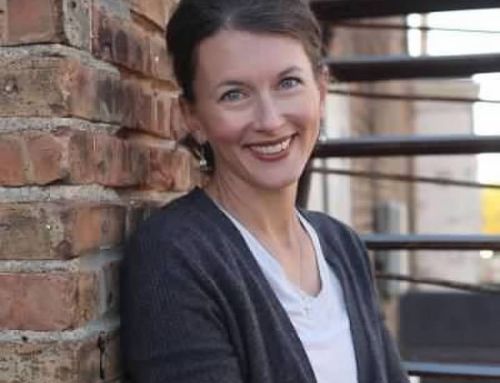What would it look like to truly align our strengths, passions, and capacity with our day-to-day work and life?
If all the latest research is correct, most of us are sleepwalking through life, doing work that doesn’t suit us at all, but brings a paycheck.
For many years, The Gallup Organization has asked a simple, but powerful question: True or False?: At work, I get to do what I do best every day. Sadly, only one person in five — just twenty percent of us — answer ‘true’ to that question.
When I hear those figures, my first question is “Why?” I would guess that there are a lot of reasons for how we arrived at this place in our work lives. Here are just a few quick observations:
1. We’re too busy to figure out what we do best. Just think about how crazy our lives are much of the time. We don’t give ourselves enough margin to do any introspection or analysis of our gifts and talents. So, since we don’t really know what we are good at, we cannot match up with tasks that we are suited for. How do you remedy this? You must get quiet and really evaluate without any distractions. We must know ourselves. There are multitudes of great assessment tools out there that will evaluate your strengths and talents and tell you more about yourself and your gifts. Take the time to get quiet and unplug from the world long enough to learn about who you really are. Don Clifton once said that “every single person can do at least one thing better than ten thousand other people. That’s the good news. The bad news? Most people have no idea what that one thing is.” If you don’t know yourself, do something about it.
2. The pressure from others has driven our decisions. Everybody knows what you should do with your life, right? And, even if you don’t ask, well-meaning people in your circle are more than happy to let you in on all of their wisdom about your professional life, and what you would be best at, etc. But, what if our particular set of skills and gifts are not a fit for their idea of what’s best for us? Then what? Or what if our set of skills has served us so far, but is not what is needed in the future? Perhaps re-deploying them elsewhere would bring not only greater success but greater personal satisfaction. Many people don’t stand up to this pressure, and blindly move forward into work that’s unfulfilling and maybe even stressful. Here’s the truth: other people are not you. You are fearfully and wonderfully made and you are uniquely gifted to do what you should be doing, not what someone else THINKS you should be doing.
3. We try to go it alone and when we enlist help, it is biased. Too often when I see people wading through their next move they commit one of two mistakes. Either they try to go it alone, and they miss the valuable input from someone else, OR the help they do enlist is biased and may introduce the pressures we discussed in #2 above. My suggestion is that if you’re serious about figuring out the best next move, you should find a good coach whose only agenda is your well-being . Let him or her be honest with you. I cannot overstate the value that coaching had in my life when I was evaluating through a major transition. One of my favorite proverbs says, “As iron sharpens iron, so one person sharpens another.” That’s how you find the truth, whatever that may be for you. You don’t want to go it alone, but you also have to be wary of the input you’re inviting.
4. We can’t turn down the money. I was one of those people who thought that success was all about making money, keeping score, buying lots of toys, and having fun. But then, one day, I found that the emptiness I felt, the smoldering discontent, was not relieved by money and things that I had accumulated. I had to recalibrate and rethink my priorities. Having money is fine, by the way. The oft-misquoted adage that money is the root of all evil is just not true. “The LOVE of money is the root of all evil” is what that scripture actually says. And, that is completely true. If you make every decision in your life based on the bottom line, you’ll make a lot of mistakes and you may miss what’s best for you. What would you choose to do today if money was no object?
5. Changing careers may take some bravery. OK. Let’s be honest. Sometimes it is easier to deal with the devil you know, right? So, with that logic in mind, here is the self-talk that many people have going on every day: “Hey, I’m OK at my job, and my boss is maybe not inspiring, but at least he’s not a tyrant. I get a nice paycheck every two weeks. It’s safe here, much safer than stepping out into the unknown with all of that uncertainty.” But, here’s the truth: It takes a lot of guts to step out on the ledge and leave a known thing to go out and find your calling. Everyone I know who gets to do what they do best every day has experienced the fear of failing and of not finding what’s next. But, eventually their willingness was rewarded. Are you willing to take a courageous next step to get to a place of thriving rather than merely surviving?
6. We’ve settled for a job instead of a calling. People I know who are doing their calling every day say things like “This is not really work” and “I really don’t care if I ever retire” and things like that. I can tell you from experience that there is no substitute for doing what you are called to do. No amount of money or prestige can compare to waking up every day and doing what you were wired and built to do. Is it easy? Absolutely not. Is it doable? Yes, it is. But you’ll have to step out of line and do the work to make it happen.
